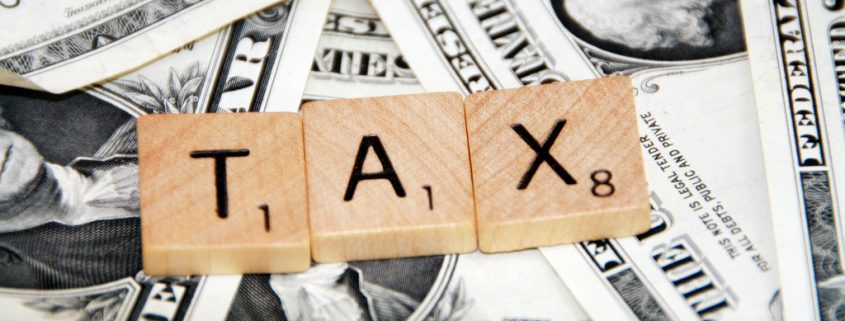Tax Lien Investing with Self-Directed IRAs: Busting the Myths
Tax Lien Investing with Self-Directed IRAs: Busting the Myths
If you want to venture into the world of Self-Directed IRAs, then you know that tax lien investing can be an enticing option. But because not many investors know what tax liens can accomplish, you may find there are all sorts of myths about this style of investing. What are the myths, and how do you distinguish them from the facts? In this post, we’ll explore the world of tax lien investing with Self-Directed IRAs and dispel some common myths about how it works.
Tax Lien Investing and Self-Directed IRAs: The Essential Facts
Tax lien investing involves purchasing liens on properties with unpaid property taxes. When property owners fail to pay their property taxes, local governments often auction off tax liens to private investors to recoup the owed funds. These investors, in turn, earn interest on their investment. The result? Tax liens mean you have the potential to acquire the property if the owner continues to default on their taxes.
Those are the basics. Now let’s look at some ways you can rethink some of the myths you might have heard about tax lien investing.
Myth 1: Tax Lien Investing is Risky
Aren’t many investments risky? Investments carry risk if they’re legitimate. It’s the ones deemed “no-risk” you have to worry about. One of the most prevalent myths about tax lien investing is that it’s a particularly risky venture. While like any investment, there are risks involved, tax lien investing can be a relatively safe option when you approach each investment with proper due diligence. Self-Directed IRAs allow you to research and choose tax liens that align with your risk tolerance and investment goals. With careful selection and a well-thought-out strategy, tax lien investing can provide stable returns.
Myth 2: Self-Directed IRAs Cannot Invest in Tax Liens
Contrary to popular belief, Self-Directed IRAs can indeed invest in tax liens. The IRS allows a wide range of investments within Self-Directed IRAs. This includes almost every type of real estate, from raw land to commercial real estate. However, it’s crucial to work with a trusted Self-Directed IRA custodian like American IRA. This ensures compliance with IRS regulations and avoid any prohibited transactions.
Myth 3: Tax Lien Investments Are Illiquid
Some investors worry that once they invest in tax liens, their money will be tied up for an extended period. While tax lien investments do have a redemption period during which the property owner can pay off their delinquent taxes and reclaim their property, this period can vary by jurisdiction. It’s essential to research the specific rules in your area to understand the potential timeline of your investment.
The Advantages of Tax Lien Investing with Self-Directed IRAs
Now that we’ve debunked some common myths, let’s turn to the positive side of things. Here are some benefits you can realize by adding tax liens to a retirement portfolio:
- Diversification: Tax lien investing can add diversification to your retirement portfolio. This reduces risk by spreading your investments across various asset classes.
- Potentially High Returns: Tax lien investments can offer attractive returns. This can be in the form of interest payments, penalty fees, and, in some cases, acquiring the property at a discount.
- Control and Flexibility: With a Self-Directed IRA, you have full control over your investment decisions. You can choose which tax liens to invest in, how to manage them, and when to sell or reinvest the proceeds.
If you’re interested in exploring tax lien investing with your Self-Directed IRA or have questions about Self-Directed IRAs in general, reach out to American IRA at 866-7500-IRA for more information. We’ll be happy to talk to you about your options for opening a Self-Directed IRA today.
Want to see how investing in tax liens can be made simple? Visit: Self-Directed IRAs and Tax Liens Made Simple | American IRA









